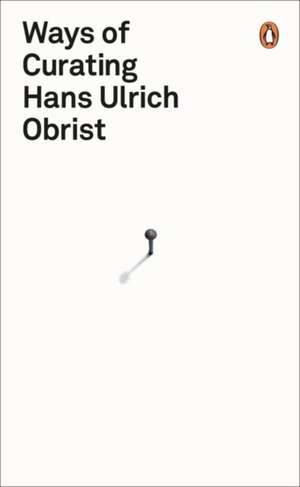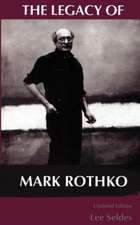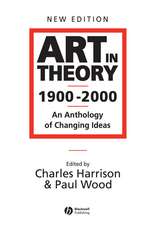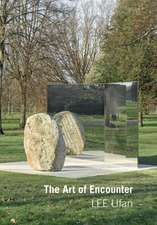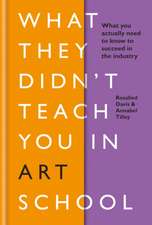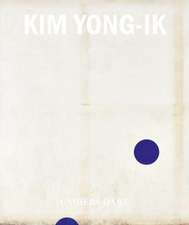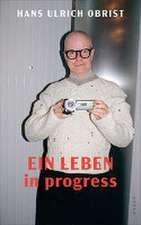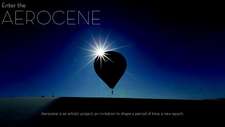Ways of Curating
Autor Hans Ulrich Obristen Limba Engleză Paperback – 25 mar 2015
Moving from meetings with artists to the creation of the first public museums in the 18th century, recounting the practice of inspirational figures such as Diaghilev, skipping between exhibitions, continents and centuries,Ways of Curatingargues that curation is far from a static practice. Driven by curiosity, at its best it allows us to create the future.
| Toate formatele și edițiile | Preț | Express |
|---|---|---|
| Paperback (2) | 68.74 lei 3-5 săpt. | +5.89 lei 4-10 zile |
| Penguin Books – 25 mar 2015 | 68.74 lei 3-5 săpt. | +5.89 lei 4-10 zile |
| Farrar, Straus and Giroux – 14 mar 2016 | 86.82 lei 3-5 săpt. | +18.12 lei 4-10 zile |
Preț: 68.74 lei
Nou
Puncte Express: 103
Preț estimativ în valută:
13.16€ • 13.68$ • 10.86£
13.16€ • 13.68$ • 10.86£
Carte disponibilă
Livrare economică 25 martie-08 aprilie
Livrare express 08-14 martie pentru 15.88 lei
Preluare comenzi: 021 569.72.76
Specificații
ISBN-13: 9780241950968
ISBN-10: 0241950961
Pagini: 192
Dimensiuni: 133 x 181 x 15 mm
Greutate: 0.14 kg
Editura: Penguin Books
Colecția Penguin
Locul publicării:London, United Kingdom
ISBN-10: 0241950961
Pagini: 192
Dimensiuni: 133 x 181 x 15 mm
Greutate: 0.14 kg
Editura: Penguin Books
Colecția Penguin
Locul publicării:London, United Kingdom
Notă biografică
Hans
Ulrich
Obrist
is
a
curator
and
writer.
Since
2006
he
has
been
co-director
of
the
Serpentine
Gallery,
London.
He
is
the
author
ofWays
of
Curatingand,
with
Ai
Weiwei,
ofAi
Weiwei
Speaks.
Recenzii
One
of
the
most
colourful
figures
in
the
artworld
today
.
.
.
Hans
Ulrich
Obrist
[is]
not
so
much
a
curator
as
a
human
whirlwind
An engaging and erudite work that argues persuasively for the continued relevance of curating for the arts and wider society. His book is about the curator's role as a maker of exhibitions, a task that involves tracing hidden connections between artworks and forging untrammelled routes across culture in search of new ways of experiencing art; new ways of looking at the world around us. If that sounds like an impossibly romantic definition it's because this is an unapologetically personal account of the profession's development
The sheer energy [Obrist] has brought to working with artists themselves is the abiding impression ofWays of Curating
This is a highly intelligent, thoughtful and thought-provoking book. Obrist emerges as both scholarly and energetically engaged with the proliferation of ideas in modern culture today
An engaging and erudite work that argues persuasively for the continued relevance of curating for the arts and wider society. His book is about the curator's role as a maker of exhibitions, a task that involves tracing hidden connections between artworks and forging untrammelled routes across culture in search of new ways of experiencing art; new ways of looking at the world around us. If that sounds like an impossibly romantic definition it's because this is an unapologetically personal account of the profession's development
The sheer energy [Obrist] has brought to working with artists themselves is the abiding impression ofWays of Curating
This is a highly intelligent, thoughtful and thought-provoking book. Obrist emerges as both scholarly and energetically engaged with the proliferation of ideas in modern culture today
